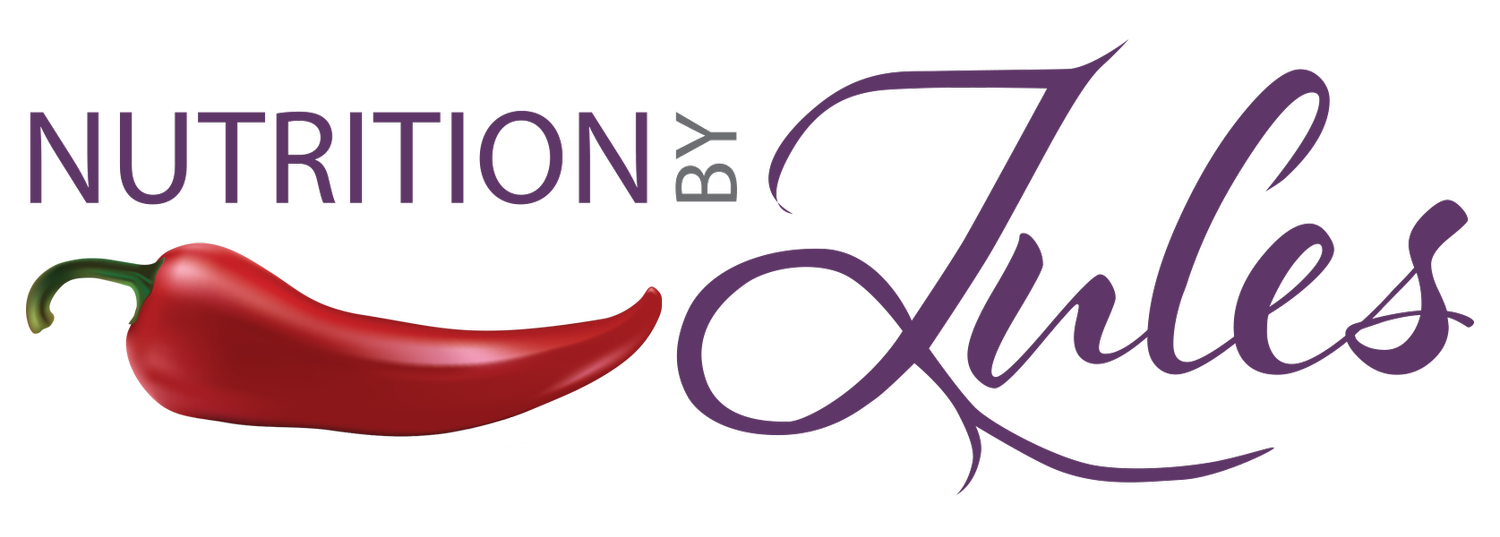FNCE 2017
I had the privilege to attend the 2017 Food and Nutrition Conference and Expo (FNCE) this past October, held by the Academy of Nutrition and Dietetics. This well attended conference was celebrating it’s 100th year and had over 12,000 attendees. I fully admit my initial allure to dive into this mass of dietitians was for continued education credits (of which our profession needs to accumulate on a five year rotation). However, upon reflection of the experience my takeaways were far greater than logistical numbers to hold my credentials.
What I learned at FNCE 2017: Food is powerful.
Food creates and enhances happiness, despair, sickness and physique. It is simple -food is fuel- and complicated -insert any number of questions or comments here- all at the same time. It can not be avoided; it touches all lives to suffer or thrive, for without it we would not survive.
Case in Point:
I attended a session on nutrigenomics, where we heard about individual phenotypes response to caffeine, salt, and sugar, as well as what current research is still being done on potential individual nutrition needs based on genetics. I sat in on a talk regarding the new theories of daily need for vitamin B12, based on severe symptoms experienced by vegetarians, and which lab values to assess to determine true deficiency. There was a detailed talks on hypothyroidism and body composition (spoiler alert this condition has little positive to say about related weight and lean mass outcomes). What about allergies and intolerances? They have increased, mostly in kids, by 18% in the last ten years. That is just those with allergies, systemic responders, not those with self report of negative food-related symptoms disrupting their lives. There are a plethora of self diagnosed food conditions; is this a product of the modern food system and environment or a psychological cry for power over food choice? I marveled at the development of vertical farming inside large containers in Brooklyn. This is a concept spreading across the country and attracting young farmers who want to marry agricultural science and technology to control the growing environment to feed their neighborhoods. I heard about the predicted future technologies that will allow you to blink against a contact computer chip to see the nutritional and economic data of a particular food item. Versus the hard facts of today, how 900 million people die of hunger every year; that’s one every four seconds. Genetic engineering has advanced our abilities to grow more food and be more sustainable per region, we are headed in the right direction to conserve water, land and health of the environment, but not fast enough, as our population is predicted to rise to 9 billion by 2050. Then the issue is how do we not only feed those people, but nourish them as well, all while being kind to the earth.[gallery ids="1455,1454" type="square" columns="2"]Oh yes and then there is HIPAA (Health Insurance Portability and Accountability Act). As professionals in nutrition we must be careful with our relationships with other health care providers. As the healthcare community as a whole strives to bring the best services to patients for prevention and treatment we must be aware of antitrust laws, anti kickback statutes and state licensure and billing laws, on top of our defined scopes of practice. Then still more sessions I attended focused on the consumer. The average person in the United States wants to eat less fat, sugar and salt but they still don’t know how to do this, as more and more products and more and more media bombards them with controversial food information. Following this I sat in on an almost two hour talk on the latest “diet” trend of intermittent fasting and all the potential positive outcomes of such a practice. This talk ended with the conclusion that there is not enough research to say with certainty that it is an evidenced based practice for health improvement; not surprisingly, more research is needed. No truth and more confusion for the masses.
More research is needed in every facet of food and nutrition, as theories in our field are young and vulnerable. Yet in the background I’m thinking sure, but more research means more time and what will happen over that time? What will become of the next thirty years as we continue to live longer, yet still have few answers to improve quality of life through our most basic need of food? And to that, again I say, Food is Powerful. I listened my way through this conference sitting in on only a handful of over 100 available sessions, which collectively covered more areas of food and nutrition than any one person can hope to comprehend.
If all of that was an overwhelming whirlwind don’t worry, the takeaway I have for you is more simple. As provided by FNCE 2017 keynote speaker Kimbal Musk: #realfood. That’s (hashtag) Real Food. At the very least use it to nourish yourself. Find what that means for you and be well.If you want to do more I encourage you to seek out the research and read it with a critical eye; get in in touch with food and nutrition professionals to ask questions and have discussions; learn about and get involved in your local food and/or health care system. Determine what piece of the powerful food puzzle you are passionate about and make a stance towards using the power of food for good.
